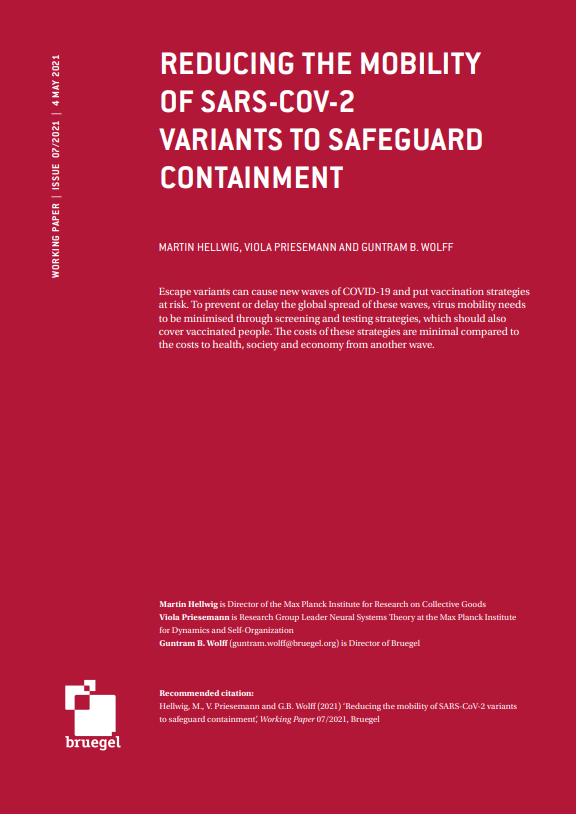External speakers

Martin Hellwig
Director (em.), Max Planck Institute for Research on Collective Goods
Martin Hellwig is Director emeritus at the Max Planck Institute for Research on Collective Goods and a Professor of Economics at the University of Bonn, Germany. He holds a doctorate in economics from the Massachusetts Institute of Technology. He has held university positions at Stanford, Princeton, Bonn, Basel, Harvard, and Mannheim. His research interests involve the economics of information and incentives, public goods and taxation, financial institutions and financial stability, network industries and competition policy. He is a fellow of the Econometric Society and the Society for the Advancement of Economic Theory, a Foreign Honorary Member of the American Economic Association and the American Academy of Arts and Sciences, a Past President of the European Economic Association and the Verein für Socialpolitik (German Economic Association) and the Co-Winner of the 2012 Max Planck Research Award for his work on International Financial Regulation. He is also a Member of the Academic Advisory Committee of the German Ministry of the Economy and Technology, a Past Chairman of the German Monopolies Commission and of the German Government’s Advisory Committee of Wirtschaftsfonds Deutschland. In 2011/12 he also was the first Chair of the Advisory Scientific Committee of the European Systemic Risk Board. He is a co-author, with Anat Admati from Stanford University, of the book "The Bankers' New Clothes: What's Wrong with Banking and What to Do about It", Princeton University Press 2013.





